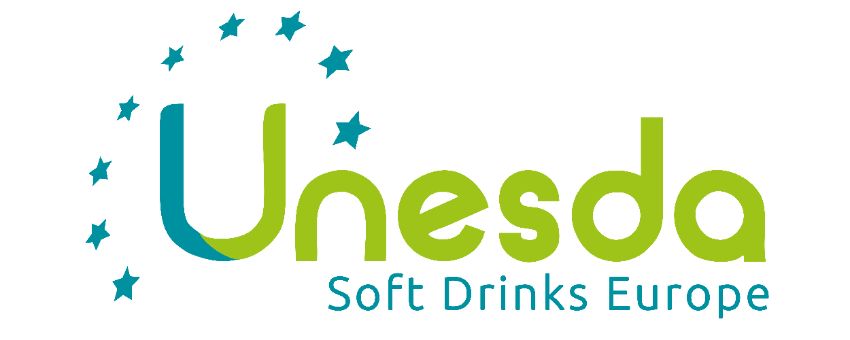The 2024 European elections mark a fresh chapter for European citizens and businesses. This will present an opportunity to steer the EU towards greater policy stability and sustainable progress, while enhancing its role in addressing the needs and aspirations of consumers and helping businesses to thrive. The EU’s political approach should address the complexities of the environment in which we live and be highly strategic, based on consistent dialogue and thorough impact assessments.
The European soft drinks sector plays an important role in the agri-food field. We manufacture over 97% of soft drinks here in Europe within our network of more than 500 production facilities across Europe. We are proud to be a sector with a strong local presence, supporting over 1.8 million jobs, both directly and throughout our supply chain – a value chain that is estimated to be worth €242 billion annually – and we source more than 85% of our ingredients from European farms.
We are also a sector that takes its responsibility. We drive positive change by promoting the health and well-being of consumers, and advancing sustainability in all areas of our business, including by increasing the circularity of our beverage containers.
In the spirit of our continued commitment to sustainable and transformative strides, our EU Manifesto rests on three key pillars: competitiveness, health and environment. Here are just a few of our top policy ambitions and our asks to policymakers to help our sector to drive further progress:
1. Competitiveness
We are committed to creating continued value for Europe’s economy and citizens in the transition to a more sustainable and healthier food system. It is a mission that we embrace with determination and agility in the face of the increasingly volatile market and evolving consumer demands. To support our endeavours in this challenging context, the new EU policymakers should provide regulatory certainty and ensure that new legislation is science-based and built upon thorough and high-quality impact assessments. They should also encourage all food and drink sectors to play their part by promoting fairness across the food supply chain to ensure there is no discrimination against any specific food, drink or ingredient.
2. Health
We are committed to encouraging Europeans towards healthier lifestyles. We will intensify our efforts in promoting responsible marketing and advertising practices to children under 13 years old, implementing our stringent school policies and reducing the average sugar content in our soft drinks.
Driving wider meaningful change in the health domain essentially means that the EU should promote balanced diets based on a multi-stakeholder approach and science-based policies that are grounded in comparable, robust and EU-wide food and drink consumption data. Based on our own research, existing consumption data is outdated and inadequate for shaping effective policies. It is now imperative to take action to establish a robust and accurate dataset providing reliable insights on food and drink consumption patterns in Europe. It is also necessary that the EU further supports the industry’s ongoing sugar reduction efforts by recognising the important role of low- and no-calorie sweeteners in achieving public health objectives, including reducing overweight and obesity.
3. Environment
We are committed to driving sustainability across our value chain through a wide range of far-reaching actions aimed at reducing our carbon footprint, protecting water resources, improving energy efficiency and achieving packaging circularity. EU policies should support well-designed collection systems across Europe and a stable supply of recycled materials, enabling beverage containers to be recycled in new beverage containers. Equally fundamental is the prioritisation of water policies promoting the conservation and restoration of water resources and providing fair and equitable access to water for citizens and businesses.
We know that the journey ahead demands a great deal of resilience, boldness and proactivity but also requires renewed dialogue to address today’s challenges and foster stronger collaboration. We will stay actively engaged and constructive with all stakeholders, and we are ready to collaborate closely with EU policymakers to achieve greater accomplishments together for the environment, consumers and businesses.
Read the full UNESDA manifesto here or scan the QR code below.

In partnership with

This article was produced in partnership with UNESDA, Soft Drinks Europe.
Sign up to The Parliament's weekly newsletter
Every Friday our editorial team goes behind the headlines to offer insight and analysis on the key stories driving the EU agenda. Subscribe for free here.